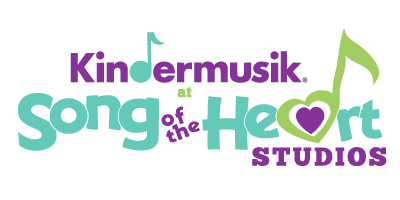This week in the after-school Spanish class I teach, we began working on weather words, and I showed my small class my favorite video for this unit:
[youtube]https://www.youtube.com/watch?v=IrFxl91nrvE[/youtube]
All my kids walked out of class with a great earworm—exactly what I wanted!
You may not remember much from your years studying a foreign language in school, but I’d bet you remember a song or two. It’s no secret that music serves as a fantastic vehicle for second language development.
There is a fascinating study by Brandt, Gebrian and Slevic, published in the Frontiers of Psychology journal online by the National Institute of Health that talks about how music and language develop. After examining similarities and dissimilarities of music between cultures and across time, they decide that “ (M)usic is creative play with sound; it arises when sound meets human imagination.”
Isn’t that a great definition? Creative play with sound, mixed with human imagination. Sounds exactly like my daughter’s Kindermusik class!
They write, “speech and music turn out to be closely related” in terms of how the brain processes the sounds. Additionally, when they looked at the great variety of musicality in multiple languages, they concluded that even the pitch of spoken language carries meaning, as when, in English, we turn a sentence into a question just by changing the inflection of our voice: “You’re doing well?”
Importantly, they note that, since a baby is unable to distinguish what parts of speech are unimportant, he or she pays attention to “all of the musical features of speech.” This attention “provides a richer context for language induction.” In fact, the ability to “hear musically” allows us to learn language in the first place!
Here is one of my favorite examples of the musicality of language. Pogo created it (and many others) by taking snippets of sounds from movies and turned them into songs of their own. Everything, from the beatbox in the background, to the phonemes that we imagine into certain lyrics, comes from the varying pitches in people’s voices (though sometimes he includes bits from the soundtrack). My kids enjoy listening to them, too!
[youtube]https://www.youtube.com/watch?v=mbD5ke7xqww&list=TLyT8DDy2T4X6Tq-Z_L5VoiVDHxa3nlXRo[/youtube]
Kindermusik’s mission is to develop the whole child. As it is inextricably connected with language development, music gives us a powerful medium to do just that.

